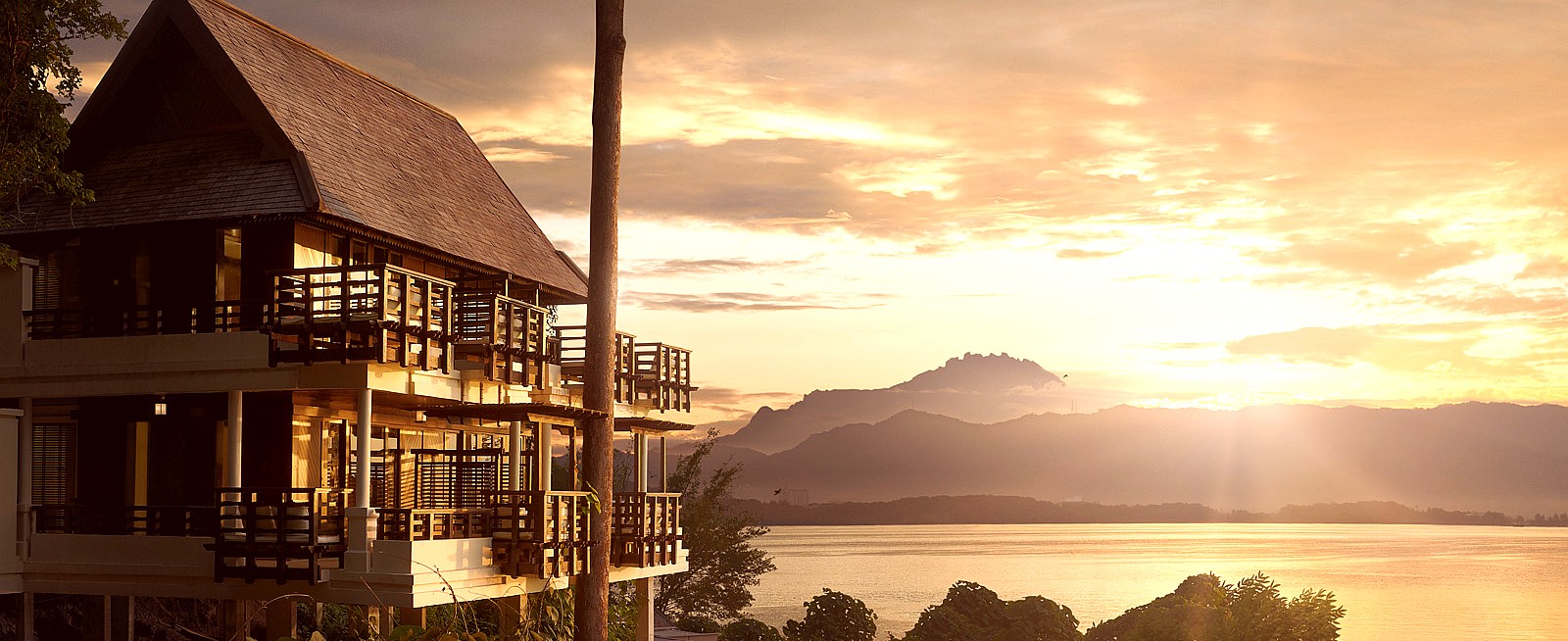Following the long pandemic, plenty of destinations have been outspoken about their desire to attract wealthy ‘high-quality’ visitors. But is that the best approach? And is it even viable?
Earlier this month, a Sabah Pribumi Bersatu Malaysia (Bersatu) representative said that her state must attract more high-value tourists instead of being content with budget travellers.
“Overtourism with budget tourists may not be a good thing in the long run,” said the Sabah Bersatu Wanita chief, Rahimah Majid.
She added that Sabah should strive to attract “high-quality tourists” who are more willing to spend money to experience nature, diverse cultures, and the warm hospitality in Sabah.

Rahimah also suggested that brainstorming sessions must be held to solve water and other infrastructure woes, and sessions with key stakeholders from the tourism industry to identify shortcomings and issues facing the industry should also be conducted.
“This is crucial to really resuscitate and rejuvenate our lacklustre tourism industry, post-pandemic,” she said.
Citing examples, she said perennial issues and complaints received from both tourists and tourism industry players included poor hygiene and cleanliness, power and water supply, and infrastructure like roads.

A CURIOUS PURSUIT
So, there’s plenty to unpack here.
First, it’s difficult to square any concern about ‘overtourism’ with the assertion that Sabah’s tourism industry is ‘lacklustre.’ Those two notions completely contradict each other.
And while it’s fine to have travel options for a range of budgets, studies have shown that chasing after wealthy tourists comes with its own downsides, sometimes significantly so.
Second, though these ‘high-quality’ visitors may spend more for accommodation, that income is not necessarily spread around the community, nor does it notably help the economy.
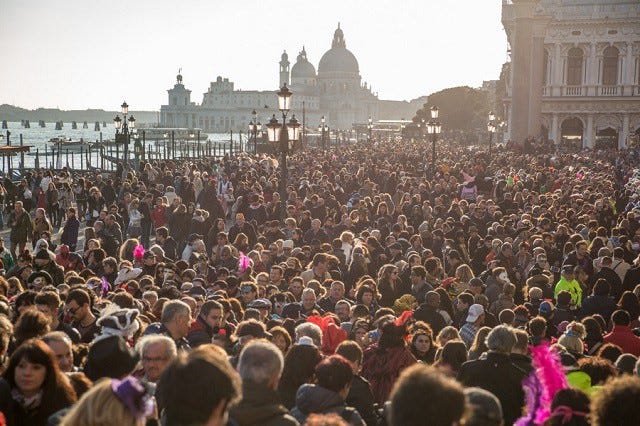
With a surge of ‘revenge travel’ following the pandemic, many popular destinations saw an influx of tourists at levels they were ill-equipped to deal with. Perennial hotspots like Barcelona, Venice, Bali, and Tokyo grappled with hordes of visitors and sought ways to manage the stream.
The idea that one super-wealthy tourist will provide as much economic benefit as a half-dozen budget travellers may appear logical on its face, but experts have suggested that this thinking is erroneous at best, and a fool’s errand at worst.

ENVIRONMENT AND ECONOMY: IS THERE ANY UPSIDE?
The impacts to a destination’s environment and infrastructure are one factor that frequently gets overlooked. Studies have shown that big-budget travellers have a notably bigger carbon footprint. That fancy hotel they’re staying in will see guests using far more water and electricity – issues that are of serious concern in places like Bali, for example – and exacting a greater toll on the environment, too.
“We’ve found that it’s really not true that higher-spending visitors are better for the environment,” says Jeremy Sampson, CEO of the Travel Foundation, citing the impact necessitated by “servicing tourist demand” in that higher tier.
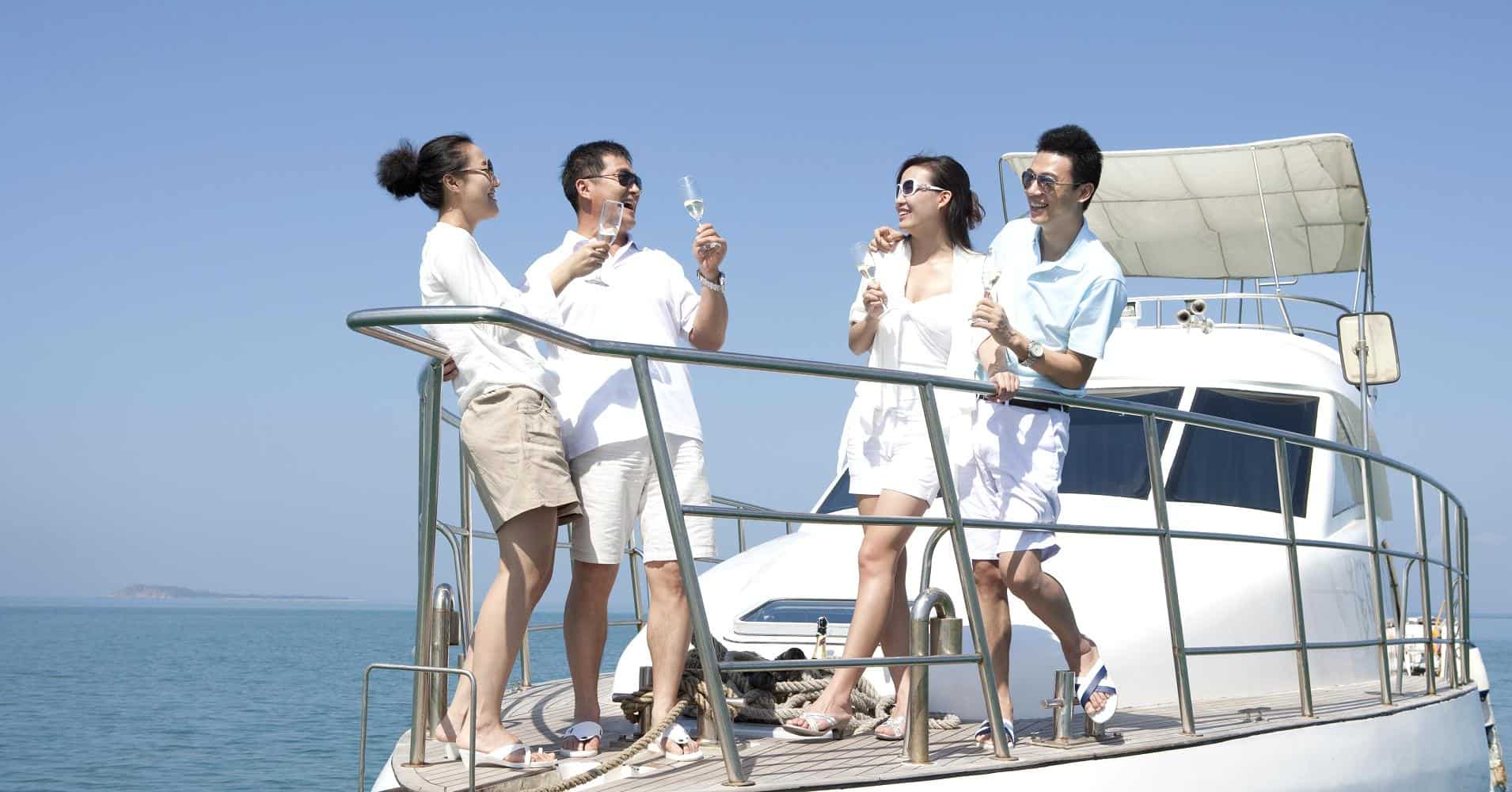
The foundation conducted research in the Canary Islands, for example, on the impact of the luxury market on the environment.
“We found that the five-star visitors were bringing a much more significant cost in terms of environmental resources,” says Sampson. “The luxury hotels were using more water and energy and had more waste management requirements.”
Critics have also noted that wealthy tourists often take a greater toll on the environment to even get to their chosen destinations. A business class or first class flight has a carbon footprint far greater than that of an economy class flight – three to nine times higher for long-haul flights, according to studies. And some high-end destinations then require private flights or boat transfers on top of that.
New Zealand attracted fierce criticism when Tourism Minister Stuart Nash stressed again this year that the country would “unashamedly” look to lure high-net-worth individuals, following up his 2020 comments that the country was seeking the type of tourist who “flies business class, hires a helicopter, does a tour round Franz Josef [Glacier], and then eats at a high-end restaurant.”
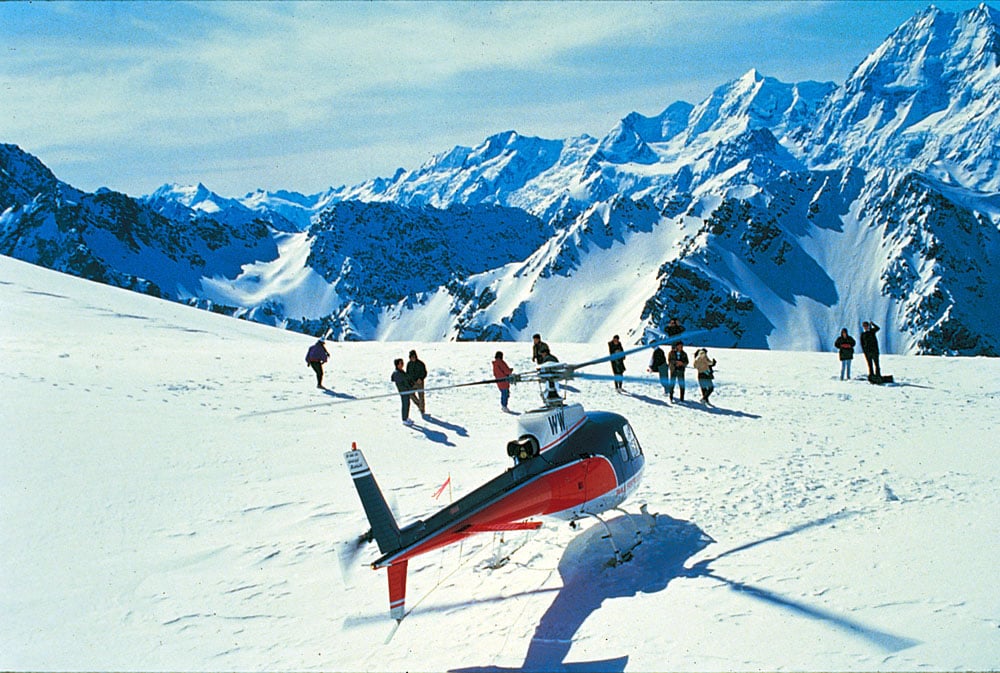
Okay, so wealthy tourists can be tough on the environment, so surely there is at least a net positive impact on the economy, right? Well, not really, apparently – certainly not universally so.
Sampson says that the notion that higher spending visitors are better for the local economy is not necessarily true.
“While five-star visitors might generate more income overall, that income is often not spread out very well across the community,” he says. For example, if they’re staying in a globally known luxury resort with high room rates, their spend is naturally going to be higher, but that income doesn’t really impact the community as much as the resort’s balance sheet might suggest.
In contrast, people who stay in more affordable hotels or even short-term rentals spend less, but they will also spend in more diverse and local businesses.
“I think that the idea that one visitor segment is inherently [desirable or] undesirable is quite flawed,” he says. “It’s about finding balance and understanding that each segment has both costs and benefits.”

SABAH NOT ALONE IN THIS MISGUIDED NOTION
In some destinations, curtailing mass tourism is more of a numbers game. They simply have more tourists than they can handle, and the impact of millions of visitors a year on a single destination is certainly significant.
For such places, limiting the huge droves of tourists that budget-friendly affordability can attract makes sense.
For others, however, chasing the high-end tourist is just a confused strategy that believes that wealthier visitors will spend considerably more on their holidays. While that’s certainly true in many cases, how and where they spend that extra disposable cash is the big question.
Some years ago, Langkawi authorities had dreams of the island becoming a regional centre for aesthetic medicine, where the tummy-tuck crowd could come to have their procedures, then recuperate in the luxurious digs of the island.

European experts were asked for a consult, and their advice to build the island first as a destination for budget and eco-minded tourists (much as Bali and Phuket were built by backpackers and budget travellers before leveraging that into having more premium offerings) was roundly dismissed. Langkawi wanted to skip all that and proceed directly to the luxury destination part. And so over a few years, a number of high-end resorts opened on the island. And they are indeed very, very nice.
But once you wander outside the luxe confines of the five-star property, you’re confronted with an island that has very little in the way of tourism infrastructure. There are virtually no high-end restaurants outside of resorts, no glitzy shopping malls, no branded haute couture outlets, nowhere for the wealthy tourist to spend their plentiful discretionary travel funds. So most of the money stays in those swanky resorts, and not much benefits the broader Langkawi community or economy. And nobody is talking about aesthetic medicine in Langkawi anymore.

Indeed, Langkawi can’t even claim that the expensive villas and suites add more to their tax base, because as a duty-free island, there is no tax on the rooms!
SHOULD TRAVEL BE ONLY FOR THE WEALTHY?
Part of the conversation has to be focused on the question of who travel should be available to. Indeed, for much of modern history, international leisure travel has been the province of the well-to-do.
Over the decades of the latter half of the 20th century, though, the rise of the jumbo jet helped to usher in a democratisation of travel. Then, late in the century, budget airlines started to bloom. Massive cruise ships were built, lowering the per-passenger cost to truly affordable figures. Budget-friendly accommodation options soon followed in desirable destinations around the world, and suddenly, the prospect of taking a Caribbean cruise, jetting off to a beautiful city in Europe, or relaxing on a pristine island in Southeast Asia was one that was available to more people than ever before. Now, travel was easily available to the middle class. (However, it must be said that global tourism, though more affordable now than ever, still remains largely a first-world pursuit.)
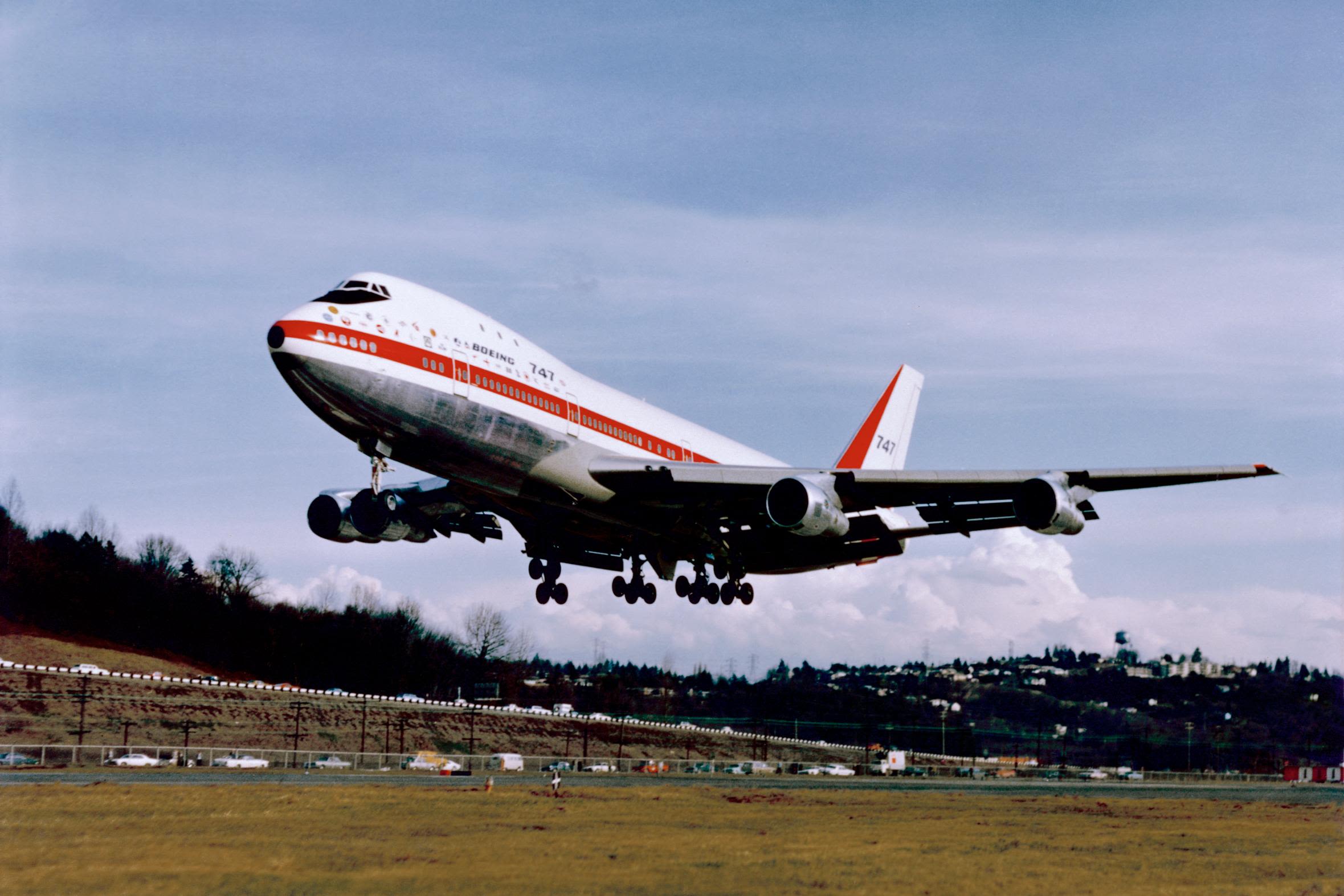
But there are a lot of us on the planet, and with China pushing massive numbers of its truly huge population into the middle class, travel and tourism exploded in the first two decades of the 21st century – until Covid brought it all to a screeching halt.
With the easing of the pandemic and its travel restrictions, though, tourism is once again booming, but more and more, cities and countries are asking just who they should be welcoming.
And it doesn’t always go over so well. Critics have noted the language used, particularly ‘high-quality tourists,’ which of course suggests that less-moneyed visitors are ‘low-quality.’

Even in Sabah, Rahimah said, “We should strive to upgrade the existing facilities and amenities at our tourist destinations to better attract wealthy tourists who are willing to pay a premium price to experience our awesome nature, diverse culture, and unique cuisines of our people.”
Such approaches naturally beg the question of whether destinations are aiming to roll out the welcome mat only for the rich – and if that’s a wise strategy.
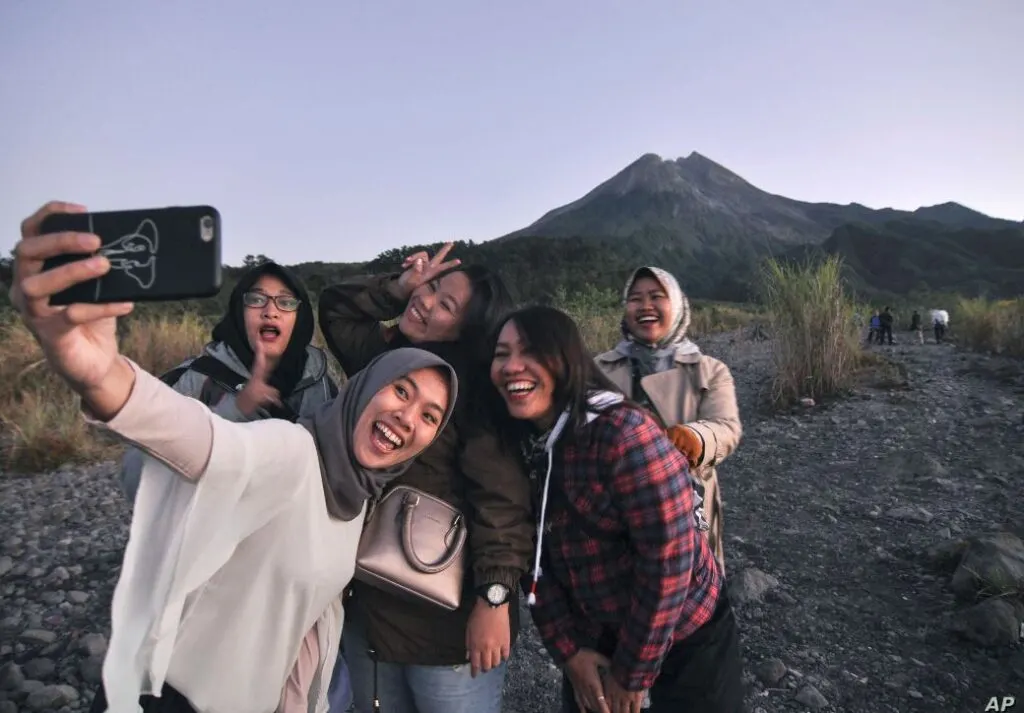
Travel expert and consumer advocate Christopher Elliott wrote before the pandemic, “International travel doesn’t exactly favor budget travellers. And that’s a shame, because it’s these people – backpackers, students, fixed-income retirees, experts on [specific] cultures – who should be going abroad, expanding their horizons, and sharing their knowledge with others.”
In 2018, the Embassy of Uzbekistan in Malaysia announced that country’s international conference, ‘Traveling Is Not for Rich People Only.’
It seems that people were coming around to the merits of tourism being available to more than one segment of the travelling public, but then the pandemic ensured it was unavailable to any segment. Now that travel has resumed in earnest, it certainly appears that some feel a different approach towards tourism should be taken.
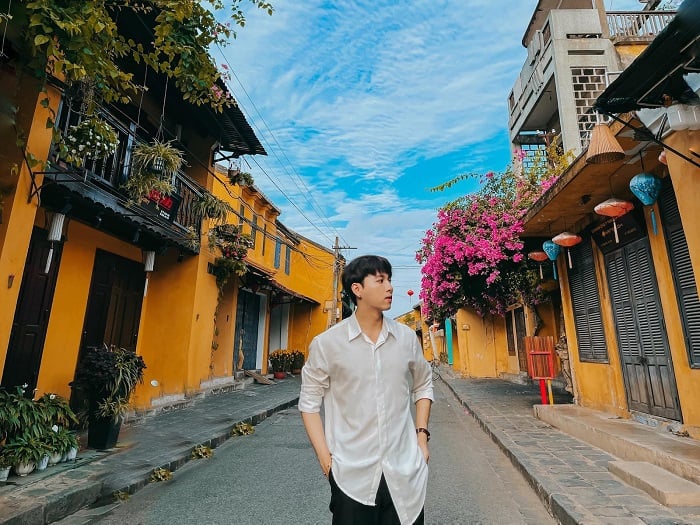
"ExpatGo welcomes and encourages comments, input, and divergent opinions. However, we kindly request that you use suitable language in your comments, and refrain from any sort of personal attack, hate speech, or disparaging rhetoric. Comments not in line with this are subject to removal from the site. "


